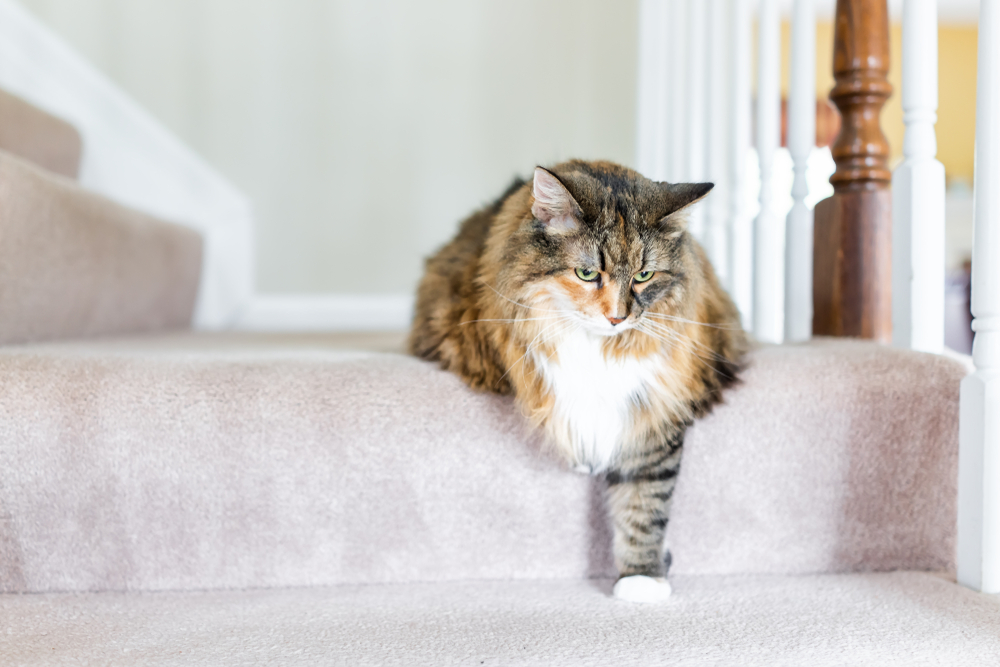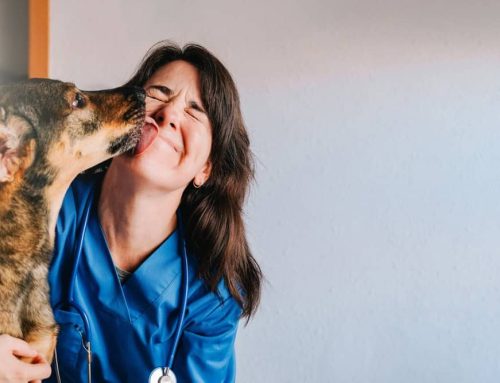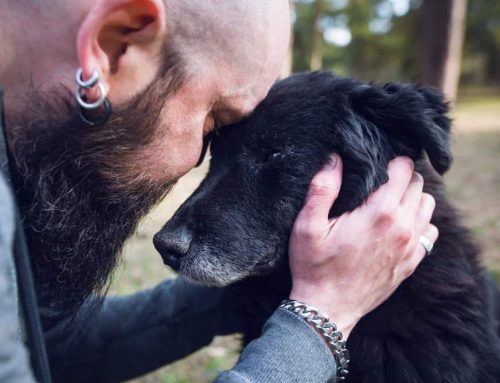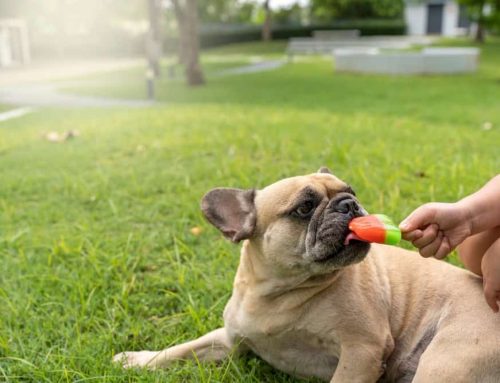Our pets can’t tell us what they’re feeling, but their behavior communicates their needs. Any changes in your pet’s behavior are worth investigating, although some changes are more obvious than others. Our team at Advanced Veterinary Care of Pasco is here to help you decipher your pet’s behavior so you can ensure your furry pal receives the care they need to live a long, healthy, fulfilling life. We explain potential reasons for your pet’s behavior changes and how to talk to your veterinarian about these changes.
Health conditions can cause behavior changes in pets
While not every behavioral change is cause for alarm, some changes signal your pet may have serious health problems that should not be ignored. The following behavior changes can be signs that warrant veterinary care:
- Your pet’s eating and drinking habits change — Common health issues that can cause changes to your pet’s eating and drinking habits include:
- Dental disease — Periodontal problems can cause swollen gums, diseased teeth, and oral masses that may make eating and drinking painful for your pet.
- Endocrine disorders — Hormone imbalances can affect pets’ eating and drinking habits. Dogs are prone to hypothyroidism (i.e., an underactive thyroid); whereas cats are prone to hyperthyroidism (i.e., an overactive thyroid). Either condition can affect your pet’s appetite, weight, and thirst.
- Organ dysfunction — Conditions, such as kidney and liver disease, can lead to changes in eating and drinking habits to compensate for the decreased organ function.
- Gastrointestinal (GI) upset — If your pet is vomiting or suffering from other GI symptoms, they likely won’t feel like eating or drinking. GI upset can be caused by many conditions, or the condition can be the primary health issue.
- Infections — Various infections—viral, bacterial, or fungal—can cause fever, lethargy, and inflammation, which may lead to changes in eating and drinking habits.
- Cancer — Some cancers can cause an appetite decrease. Conversely, certain tumors, particularly those affecting the hormone-producing glands, may increase appetite.
- Your pet’s breathing changes — Your pet may have difficulty breathing for many reasons, including asthma, choking, pneumonia, heart disease, and allergic reactions.
- Your pet is squinting — If your pet’s eye is tearing, they are squinting, or the eye appears abnormal in any way, contact our team so we can perform an ophthalmic examination. Eye injuries are not only painful but they can quickly lead to infection, endangering your pet’s vision. Sometimes, what seems to be a minor eye injury can indicate a serious underlying condition, such as glaucoma, uveitis, or a systemic disease, that needs immediate veterinary attention.
- Your pet’s mobility changes — Altered mobility may indicate joint problems, injury, arthritis, immune disease, or infection. Indications that your pet may have mobility issues include:
- Difficulty navigating stairs
- Stiffness after resting
- Resting in awkward positions
- Difficulty jumping on or off elevated surfaces
- Choosing easy-to-access resting areas
- Eliminating outside the litter box
Environmental factors can cause behavior changes in pets
The environment plays a pivotal role in your pet’s behavior. Pets dislike change, and changes to their environment can be extremely stressful. Examples include introducing a new baby, construction inside or in close proximity to the home, moving to a different house, and rearranging furniture. Pets also like a daily routine, and changes (e.g., when the school year starts) can cause stress and the following behavior changes:
- Inappropriate elimination
- Hiding
- Destructive behavior
- Decreased interaction
- Compulsive behavior
- Aggression vocalizing
Inadequate socialization can cause behavior changes in pets
Socialization greatly impacts pet behavior. Pets that are not adequately socialized during their early stages of life may develop fearful or aggressive behaviors. This can include fear of strangers, other animals, or new environments, causing a pet to be prone to anxiety or aggression. Continued socialization throughout your pet’s life is also important. Regular interaction with people and other pets helps maintain their social skills and reduces stress and anxiety. Pets that are isolated or not regularly exposed to varied environments and experiences can become anxious, fearful, or even depressed.
What to do if your pet’s behavior changes

Changes in your pet’s behavior can be serious and should not be ignored. If your pet’s behavior changes, follow these tips:
- Document the changes — If you notice a change in your pet’s behavior, start by observing and documenting the changes. Note what the behavior is, when it occurs, and any possible triggers. This information can be invaluable for your veterinarian in diagnosing and treating the issue.
- Consult your veterinarian — Schedule an appointment with our Advanced Veterinary Care of Pasco team, so we can perform a thorough physical examination and diagnostic tests to rule out health issues. Once a medical condition is ruled out, your veterinarian might suggest behavior modification techniques, medications, or a combination of these. Ensure you stay consistent with any recommended treatment or behavior modification plans.
- Consider environmental factors — Evaluate your home environment to determine if any changes could be impacting your pet.
- Work on socialization — For issues related to socialization, gradually exposing your pet to new people, animals, and environments can help. This should be done at a pace that is comfortable for your pet. In some cases, working with a professional animal behaviorist or trainer can be beneficial.
Behavioral changes in your pet are often the first indicator that something is amiss. By paying attention to these changes and taking appropriate action, you can ensure your pet stays happy and healthy. If you need support coping with your pet’s behavioral changes, contact our team at Advanced Veterinary Care of Pasco.








Leave A Comment